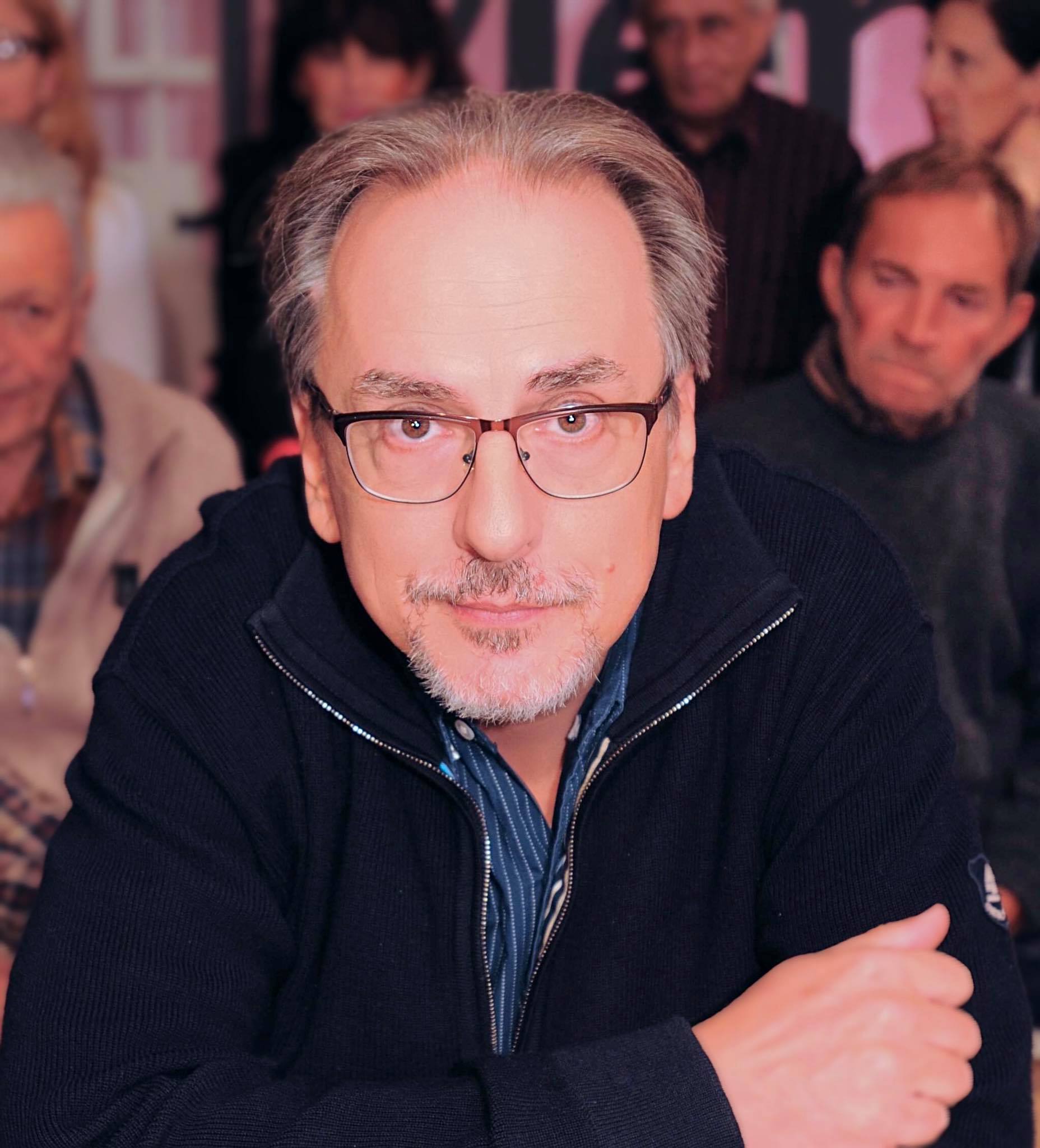The strengthening of radicalism and demagogy, failings of economies, poverty and unemployment, consequences of historical stresses, are all characteristics of the ‘new normal’ which may frighten the developed world. To us, this seems like a piece of cake, cake we’d been served many times before. ‘The new normal’ is, indeed, very normal in the world we live in.
It has been around five or six months since the expression of ‘the new normal’ has snuck up on our daily vocabulary.
Originally coined by Sci-Fi author Robert A. Heinlein in his novel The Moon is a Harsh Mistress, the term ‘new normal’ has also been used to describe what life would look like post-2008 Financial Crisis. And here comes the complex neologism again, in times of Covid, when absolutely nothing seems normal – ‘the new normal’ is served to us as a sort of global certificate, issued to anything abnormal, in order for us to have an easier time accepting it as our future, without ever really being able to go back. Sounds eerily familiar.
Let us look back at some of our old normalities. For example, it was normal for the youth to vote for their countries’ futures with pencils in their hands, rather than suitcases in their hands and obtained German work permits. Or that it was normal for the election to serve the purpose of expressing one’s opinion on the governing bodies, rather than the need for the opposition to perish. It was normal that the media allows space and coverage for both sides of a disagreement; that decision-making is not limited to one man; that the present day is not the highlight of modern history; that a brighter future is not something that is being announced for the second, utmost third time, as becoming a reality in two, utmost three years. Normal. Or it used to be, or it could have been, yet it wasn’t. There is the ‘new normal’, however. We’ve been living it for an undefined amount of time – for much longer than ‘the new normal’ concept the entire world is familiarising itself with.
People in our region are, simply put, pioneers of ‘the new normal’, of growing accustomed to that which is worse. Let us stop fooling ourselves with what ‘the new normal’ really means. Today’s politics, culture, the economy, or any area of social and political life of our local and regional vicinity, are all elements of the new normality we have had to embrace with each coming transition or phase, with each new mandate of whoever or whatever Normal is. All of which jumped at us, devouring any old normality, or any upcoming normality which may take root – helping any ‘new normality’ find its way around us.
Citizens of more developed, and (therefore) spoiled countries are probably having difficulty bearing the ‘new normal’ as they are rarely faced with it, or maybe even for the first time. To us, ‘the new normal’ is a decennial occurrence: we are easier to accept masks, social distancing, forbidden gatherings, quarantines, or whatever it is that is the ‘new normal’. To us, this is one more item on a list of things we once were allowed to do, and are no longer. Whatever the new, bad circumstances are, they don’t allow for the old, good circumstances to fall upon us again. The strengthening of radicalism and demagogy, failings of economies, poverty and unemployment, consequences of historical stresses – all characteristics of the ‘new normal’ which may frighten the developed world. To us, this seems like a piece of cake, cake we’d been served many times before. The ‘new normal’ is, indeed, very normal in the world we live in, and it is becoming the world the rest of the World will now also inhabit. And, it’s normal for them to finally have a bit of a taste, to relieve us of the burden of ‘the new normal’, we’re a little tired of it. Which is, well, normal.



Leave A Comment